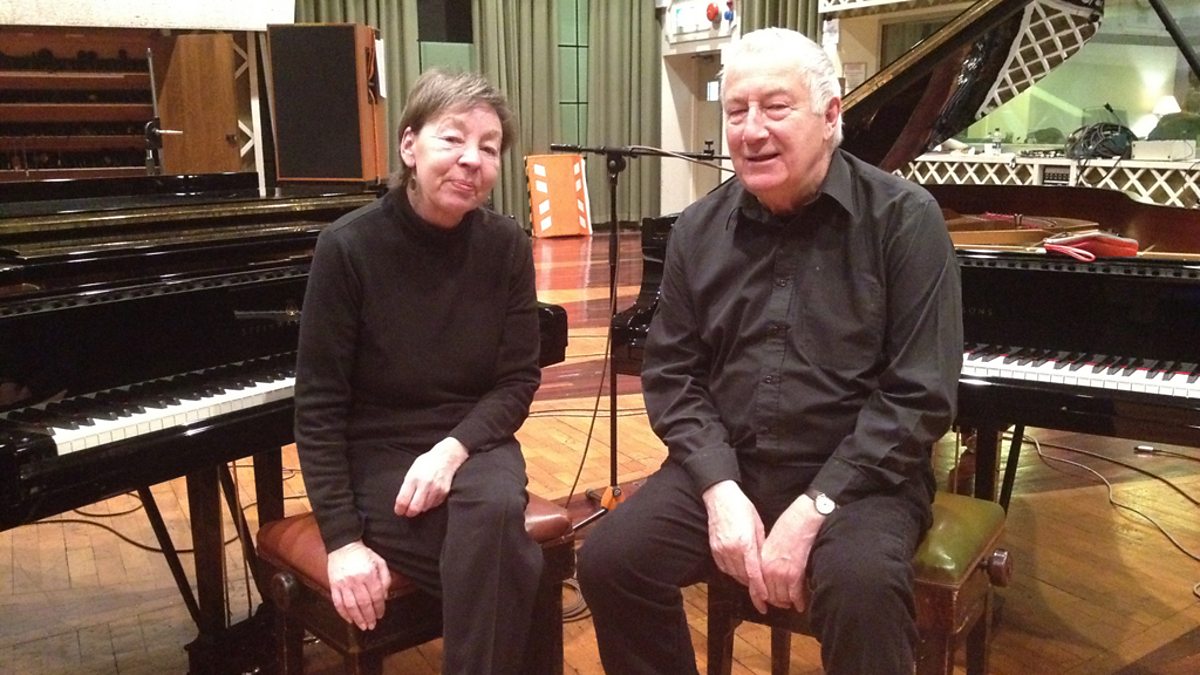What happens when we listen to a piece of "new music" (either new to the individual or a premiere)? At least two things: we try to "follow" it, to find shape and continuity, to make emotional and musical sense of sound. But a classical listener of any experience will try to categorise it too: to identify it, stylistically, with something they have already heard. Suppose this listener can do none of these things?
Then they are thrown back on irrational response - fight or flight or... let it happen?
They may feel anxious, frowning, shaking the head, needing to find a way in, or more probably out; if they try to remain open to a new experience, it can still seem to threaten them with a loss of control - inferiority, a lack of understanding or any gratifying response. Easier then to reject, to cry "rubbish" and restore a superiority, an egocentric sense of the self. And all this will be largely unconscious.
It is not easy to "let it happen"; you may have no idea how to submit, passively, to something unknown, potentially a threat (to yourself or your world view). Yet this can be a way in to the most intense experiences, artistic or otherwise. Isn't this what occurred when you first heard - or were overwhelmed by - a Mahler, or a Brahms Symphony? Or were you too "well-prepared" for it ever to happen? Maybe it happened despite your preparation; why was that?
The "world of classical music" can be a very narrow, enclosed perspective of "core repertoire" (and maybe getting narrower, if both Lachenmann and David Matthews are now rejected by Television). So moving from Beethoven, Brahms, or (even - "even"!) Bartok to Lachenmann can seem far more disorientating than going from Constable or Turner to Picasso, to Rothko, or Pollock. (Picasso is now Official Modern Art, offering an easier bridge to Abstraction, even IF you reject it; and "Art and Design" and pop-cultural BritArt, is everywhere, smoothing the path - and diluting the impact).
To trade with the enemy: we need to ask those who rejected Lachenmann without consideration or elaboration - which postwar music do you enjoy? Or where, for you, does meaningful musical history cut off? Did you listen to the David Matthews premiere, or avoid it? What musical premieres have you responded to?
Then they are thrown back on irrational response - fight or flight or... let it happen?
They may feel anxious, frowning, shaking the head, needing to find a way in, or more probably out; if they try to remain open to a new experience, it can still seem to threaten them with a loss of control - inferiority, a lack of understanding or any gratifying response. Easier then to reject, to cry "rubbish" and restore a superiority, an egocentric sense of the self. And all this will be largely unconscious.
It is not easy to "let it happen"; you may have no idea how to submit, passively, to something unknown, potentially a threat (to yourself or your world view). Yet this can be a way in to the most intense experiences, artistic or otherwise. Isn't this what occurred when you first heard - or were overwhelmed by - a Mahler, or a Brahms Symphony? Or were you too "well-prepared" for it ever to happen? Maybe it happened despite your preparation; why was that?
The "world of classical music" can be a very narrow, enclosed perspective of "core repertoire" (and maybe getting narrower, if both Lachenmann and David Matthews are now rejected by Television). So moving from Beethoven, Brahms, or (even - "even"!) Bartok to Lachenmann can seem far more disorientating than going from Constable or Turner to Picasso, to Rothko, or Pollock. (Picasso is now Official Modern Art, offering an easier bridge to Abstraction, even IF you reject it; and "Art and Design" and pop-cultural BritArt, is everywhere, smoothing the path - and diluting the impact).
To trade with the enemy: we need to ask those who rejected Lachenmann without consideration or elaboration - which postwar music do you enjoy? Or where, for you, does meaningful musical history cut off? Did you listen to the David Matthews premiere, or avoid it? What musical premieres have you responded to?








Comment